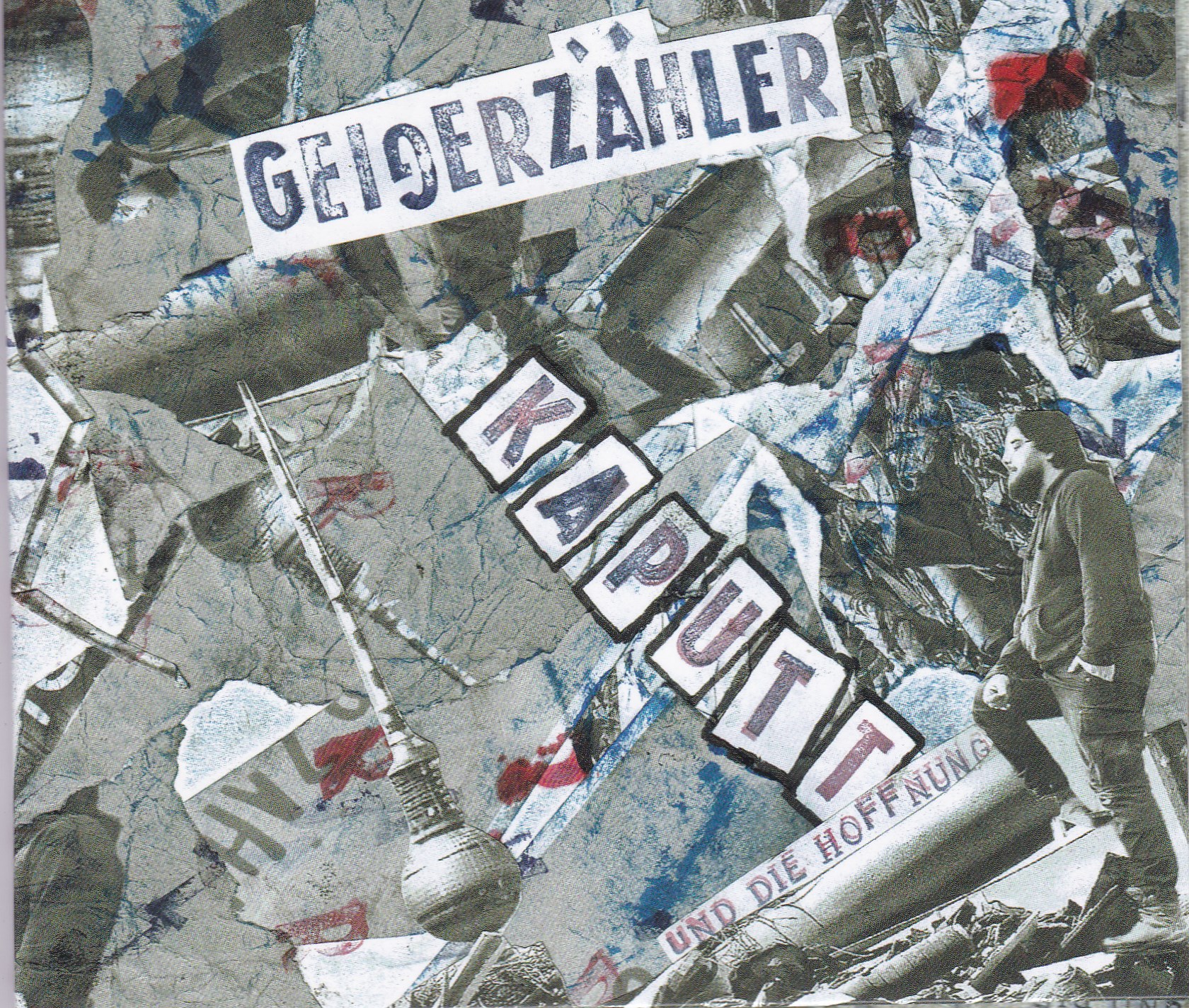Ich hab mal die Chance genutzt im aeltesten besetzten Haus Polens zu sein und Leuten von da ein paar Fragen gestellt. Das Rozbrat hat mich beeinduckt, weil hier Subkultur sehr gut mit realen sozialen Bewegungen zusammenzulaufen scheint: Von Mieterinis bis zur anarchosyndikalistischen ArbeiterInneninitiative, in deren Umfeld es grade einen Wildcat-Streik bei Amazon gab, der sich nicht zuletzt dagegen richtete, dass die polnischen ArbeiterInnen quasi als StreikbrecherInnen gegen den Amazon-Streik in Deutschland eingesetzt werden sollten. Ein Beispiel internationaler Solidaritaet, das im Interview leider nicht vorkommt aber wenigstens im Vorwort erwaehnt werden muss.
Das Gespraech fand in Englisch statt und ich war zu faul es zu uebersetzen. Sorry fuer ein paar Fehler. Here we go!
I meet with Tomek (Rozbrat), Katarzyna (Tenants right association)
Can you tell me something about when and how was Rozbrat founded?
Tomek: Easy Story: Rozbrat was founded 94. There were only bushes but but behind the bushes were buildings. We played with Apatia in Archiv in Potsdam and tried to find a similar building in Poznan. And than we found that this here. We called to friends and squatted it after two or three visits of the Place. After 2 Month of repairing we went in and spend a night with three persons and 3 dogs. That the story how it starts.
What is the difference between 20 Years ago and now?
Tomek: It was a completely different situation after communism collapsed. People tried to do something new. This was even the official propaganda: You can do everything! This made squatting possible.
How is the housing – situation for people in Poznan outside of the Squat?
Tomek: In communist period everybody lived with parents. It was very difficult to find a flat. We did know nothing about squatting until we visited western countries.
How it changed since the 90th?
Katarzyna: 10 years ago houses from government were 50 % of houses. Now we have only 10%. Here is a big process of speculation and gentrification.
There is also change of the law and we have different types of owners: banks, private companies private owners and communal. After war the governement gave the flats to the people or people took the flats by themselves, also kind of squatting. Now 70 years later old owners or their ancestors or people claiming to be ancestors come back and try to get the people out.
The situation as a tenant is very unstable. it starts with lawyers. As a tenant it is difficult to have one because they are mostly working for the companies. Thats why it is dificult to get the tenants legal rights.
Is Poznan a hip City now?
Katarzyna: We have strong process of gentryfication. Srodka (one neighborhood) is the best example. It is the most gentryfied area of Poznan. In Poland nobody speaks about this. Tey call it „revitalization” and try to push that process. They dont care about the perspektive of the tenants.
What your tenants organisation is doing?
Katarzyna. It was found in 2012 as a response of an illegal evictions. In Poznan there are a lot of illegal evictions. It was done by special companies (like „Factory of Houses and Land”). It was really cruel. They‘ve cut off electricity, water and gas. Harass people, threatened them and get them out without paying any money.
If someone want to sell a house he can get more money without tenants. Even without renovation. And the local government tolerate it. Officialy they say its inaceptable, but in fact they don‘t help the people.
The tenant organisation is from Poznan but t is also connected with organisations in other cities. It’s a combination of legal defend and self-organised movement.
In early November we are organising european-wide tenants conference in Poznan. Groups from balkan countries and eastern-europe confirmed their appearance so there will be a space to share experiences and make our movements stronger.
Yesterday there were al lot of Roma on your meeting and the Concert. Can you tell me something about their situation?
Katarzyna: It is special case. They have the lowest class-position and no acces to the basic rights like housing, acces to the helth-care and the workers rights. In Poland they have a legal status since romania is in EU. They ara called „economic migrants”, but we call them economic refugees. They are in Poland since 20 years but they are invisible for the government. In 90th the government made some big deportations. now the situation is different. because they are very poor, they can not register. For this they would need to work legally. Its like a circle. Now there are squatting areas and they make their homes out of recycled materials. And they are begging on the streets. But the stereotype that they want to have this livestyle is just stupid. If they would heve acces to jobs, they would not beg.
Thank you for the Interview

Letzte Kommentare